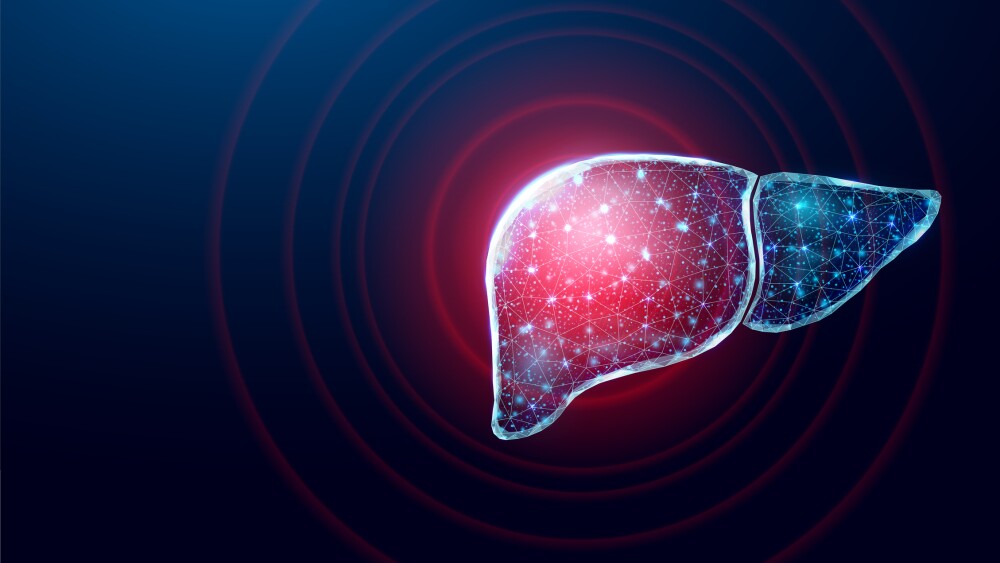New Data Presented as Part of Moderated Poster Session at the Heart Failure Society of America Virtual Conference held September 30 – October 3, 2020
New Data Presented as Part of Moderated Poster Session at the Heart Failure Society of America Virtual Conference held September 30 – October 3, 2020
ROSWELL, Ga., Oct. 01, 2020 (GLOBE NEWSWIRE) -- Strataca Systems, Ltd., a clinical stage company developing medical devices designed to improve kidney function in patients with congestion and fluid overload, and its subsidiary 3ive LabsTM (pronounced “thrive”), today announces key animal data of the company’s JuxtaFlow® renal negative pressure treatment (rNPT) device demonstrating improved kidney function, including increased urine output, sodium excretion and creatinine clearance in porcine models.
According to moderated poster, which is being presented during the Heart Failure Society of America virtual conference, ten pigs who received 5% fluid overload and given a high dose of diuretics underwent placement of the JuxtaFlow catheter in one kidney, while the second kidney served as a control. Results showed that the kidney receiving renal negative pressure treatment via JuxtaFlow had markedly increased urine output, sodium excretion and creatinine clearance compared to the control kidney (p<0.001), critical in removing the fluid overload.
Further, following the introduction of a heart failure model (tamponade to increase venous pressures), renal function and urine output dropped significantly. The kidney treated with rNPT from JuxtaFlow continued to exhibit greater function compared to the control kidney in urine output, sodium excretion and creatinine clearance (p<0.05) and actually restoring these values to pre-heart failure.
“The data offer an intriguing approach to improving kidney function in patients who remain persistently fluid overloaded despite iv diuretics. Renal negative pressure treatment may be an important adjunct to current medical therapy and warrants further investigation in human trials,” said Jeffrey Testani, M.D., lead investigator and director of heart failure research, cardiovascular medicine at Yale School of Medicine, New Haven, Conn. “Additionally, these data reinforce that elevated venous pressure, such as during decompensated heart failure, directly impair renal function.”
“The results provide an important introduction to the market of our JuxtaFlow system, which we believe represents a new paradigm in how to think about managing fluid overload and restoring kidney function,” commented John Erbey, Ph.D., founder of Strataca Systems, Ltd. and president of 3ive Labs. “We look forward to providing further updates on the development of JuxtaFlow and its potential impact on this complex, expensive and poorly addressed medical problem.”
The vast majority of acute heart failure patients come to the hospital because of shortness of breath. The primary clinical goal of hospital admission is to achieve clinical decongestion and restore normal breathing. However, even among the best medical centers in the US, nearly half of these patients never achieve clinical decongestion prior to being released1.
A study of 105,388 heart failure patients in the Acute Decompensated Heart Failure National Registry (ADHERE) reported 91% had abnormal renal function, including over 60% having moderate to severe kidney disease.2 This connection reveals the interdependence between the two organs, marked by the heart’s reliance on the kidney’s regulation of salt and water content of the body while the kidneys depend upon the blood flow and pressure generated by the heart. Increased congestion and extracellular water content -- such as in heart failure – indicate that the kidneys are not doing their jobs. This condition is commonly referred to as the cardiorenal syndrome.
About Worsening Renal Function
The kidneys are complex organs responsible for at least five critical functions; (1) eliminate waste and excess fluid, (2) help regulate blood pressure, (3) stimulate red blood cell production, (4) keep bones healthy, and (5) regulate pH levels. Fluid overload, and the resulting venous congestion are an early indicator of declining renal function, for which the underlying causes may include prediabetes, diabetes, chronic kidney disease or heart disease. Since the kidneys are encapsulated, they are unable to expand to accommodate the excess volume associated with rising venous pressures. Therefore, increasing venous pressure decreases filtration and further impairs all of the other functions. Dialysis is the treatment of last resort. By filtering the blood, dialysis can reduce waste and excess fluid. However, it does not replace the other vital kidney functions.
About JuxtaFlow®
3ive Labs’ lead investigational product, JuxtaFlow, is an endoscopically delivered, memory polymer catheter designed to allow rNPT without obstruction by adjoining tissue placed in the renal pelvis, to deliver a mild controlled negative pressure (suction) through a specially designed vacuum pump. Because each nephron is an unobstructed fluid column, negative pressure will transmit through to the Bowman’s space, which will reestablish the filtration gradient lost due to venous congestion and increase the production of filtrate. In preclinical studies, JuxtaFlow has demonstrated improvements in creatinine clearance, sodium excretion, and urine output; all key indicators of improvement and preservation of renal function.
The JuxtaFlow system is the first treatment to simultaneously improve renal function and decrease venous congestion, the “holy grail” for fluid overloaded patients. This combination not only relieves pressure from the kidneys but also the heart, lungs and other organs. These benefits should translate to meaningful and objective endpoints, to include reduced hospitalization, need for dialysis and overall improved survival. Primary market research confirms that the value proposition is compelling to physicians. More importantly, the approach is well suited for a wide range of other acute congestion syndromes; including pre-renal acute kidney injury, hemodilutional anemia during bypass, and sepsis. The company initiated its human feasibility study, VOID-HF in the second quarter of 2020.
About 3ive Labs and Strataca Systems
3ive Labs (pronounced “thrive”) is headquartered in Roswell, Ga. and is the research and development arm of Strataca Systems, a clinical stage medical device company that develops solutions for the improvement of renal function. 3ive Labs is developing the JuxtaFlow system as a De Novo, Class II device in the United States and has a second device in development to slow the progression of chronic kidney disease.
1 http://circheartfailure.ahajournals.org/content/8/4/741
2 https://www.ncbi.nlm.nih.gov/pmc/articles/PMC2900793/#:~:text=A%20study%20of%20105%2C388%20heart,disease%20%5B5%2C%206%5D.
Contact:
Jules Abraham
JQA Partners, Inc.
917-885-7378
jabraham@jqapartners.com
Media:
Eliza Schleifstein
Eliza Schleifstein Media Relations
eliza@Schleifsteinpr.com
917-763-8106



